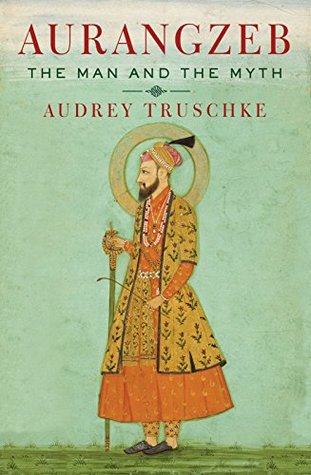Beginning in 1679 Aurangzeb levied the jizya on most non-Muslims in the empire in lieu of military service (Rajput and Maratha state officials and Brahmin religious leaders were exempt, but lay Jains, Sikhs, and other non-Muslims were obliged to pay). The jizya tax had been abated for 100 years in the Mughal kingdom, and Aurangzeb revived it, perhaps in part, to employ the ulama in its collection. In theory, the jizya also helped Aurangzeb’s reputation among the ulama, especially those suspicious of the religious sincerity of kings, by marking the Mughal Empire as a proper Islamic state.
Welcome back. Just a moment while we sign you in to your Goodreads account.


